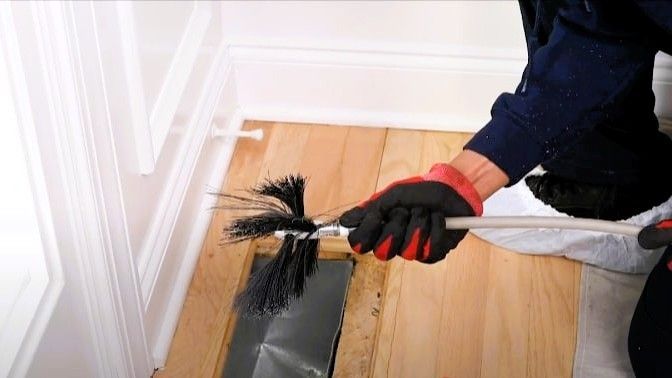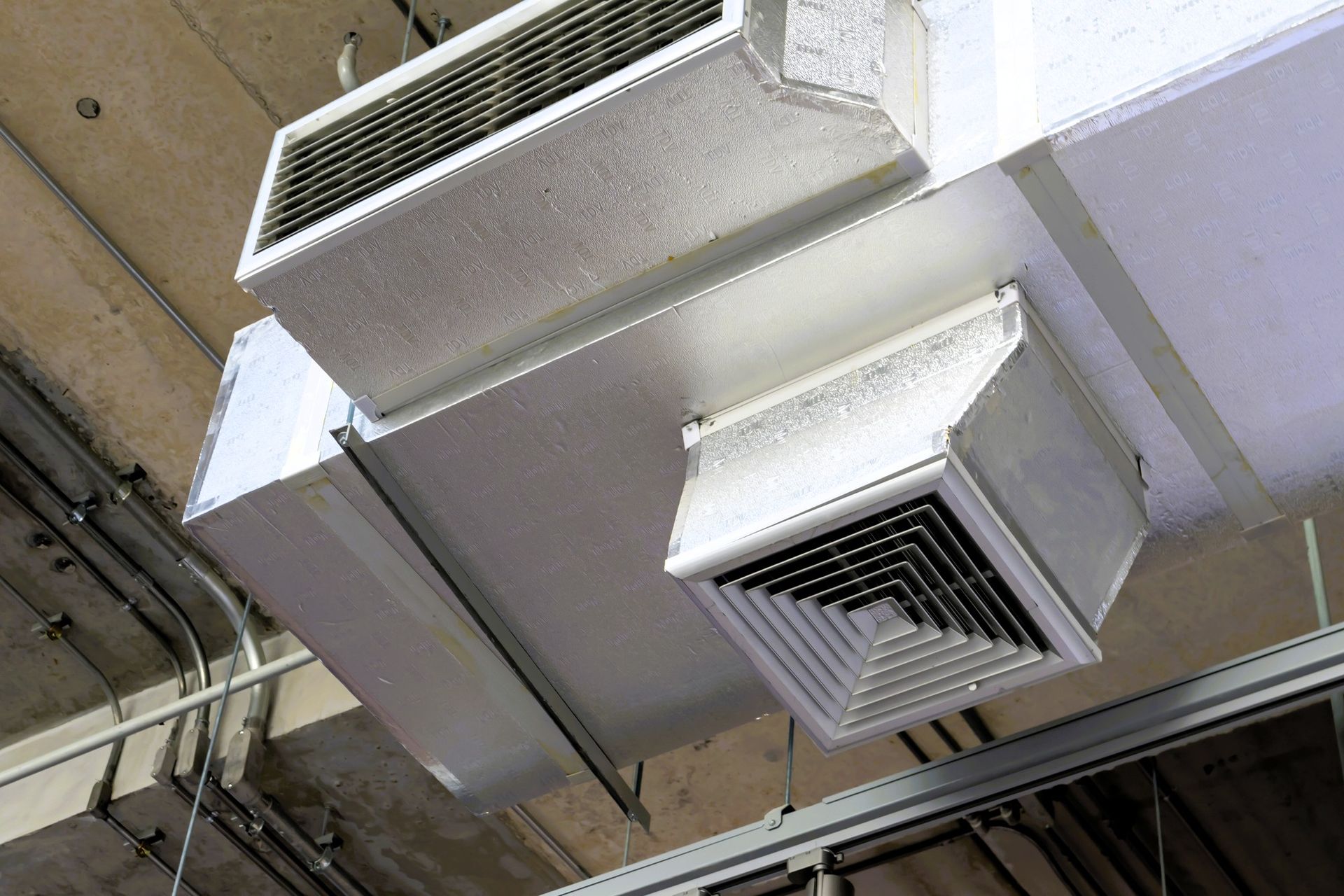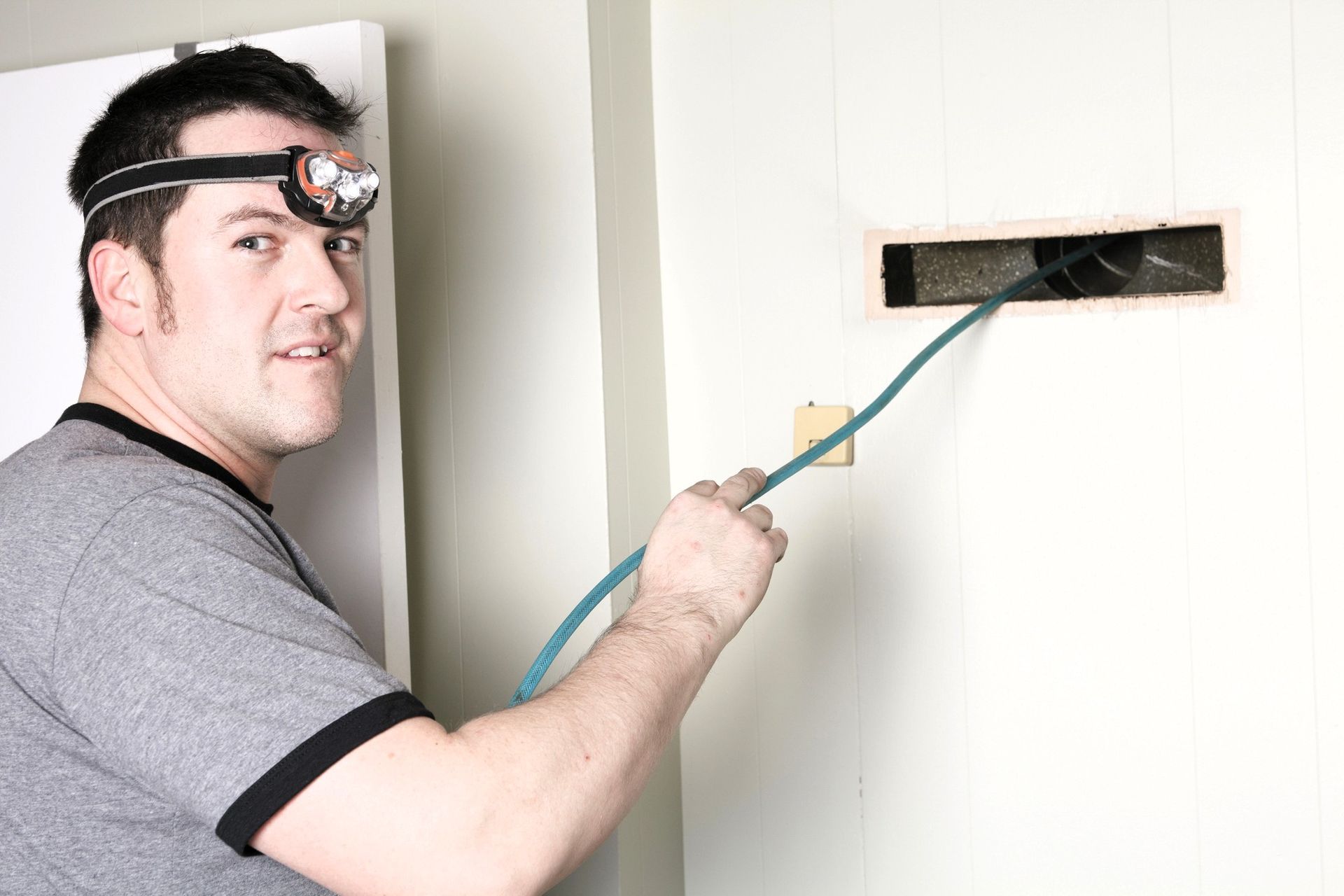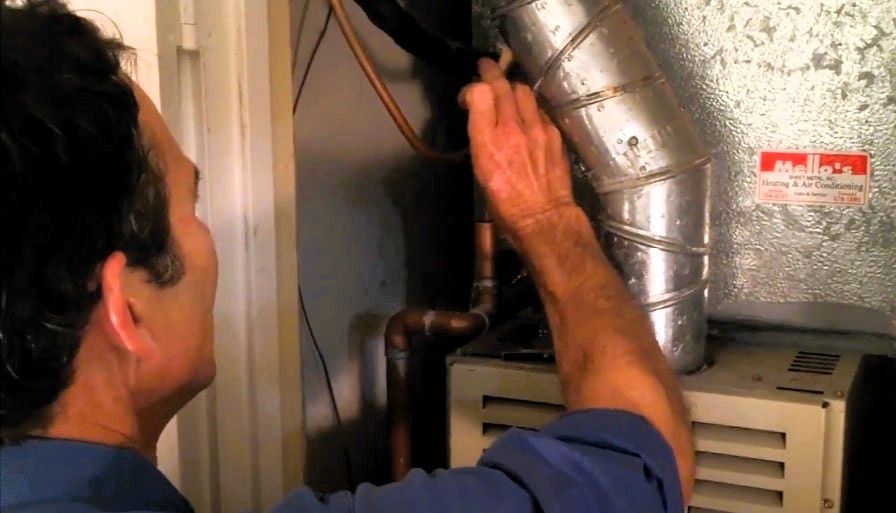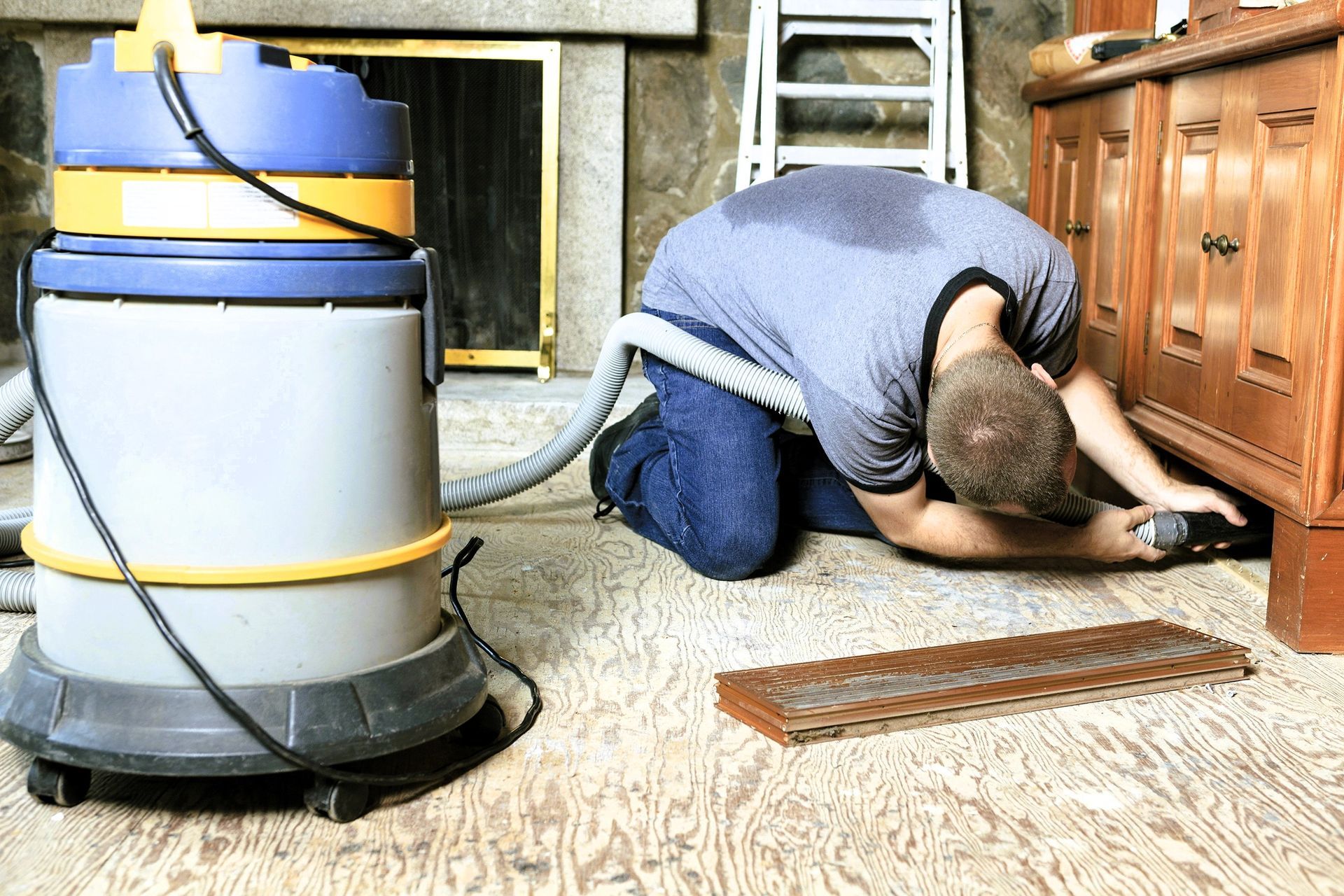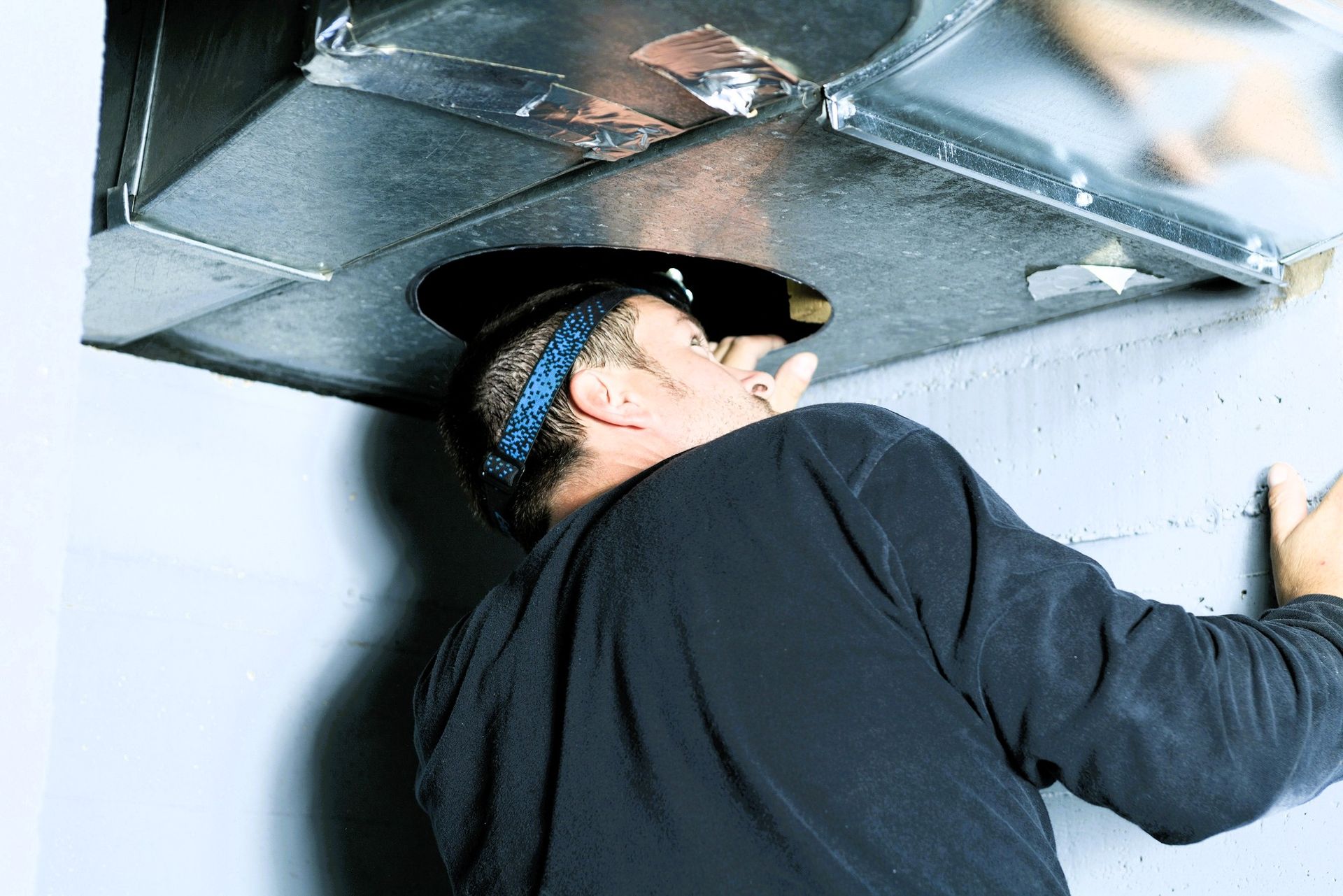The Dangerous Effects of Poor Indoor Air Quality at Home
Discover the reasons why good indoor air quality is essential.

More often than not, people spend most of their time at home. And since the pandemic, the percentage of people staying home only increased. As people spend more time at home, it’s all the more vital for you to ensure you have good indoor air quality.
What’s Indoor Air Quality and Why is it Important?
This refers to the air quality inside and around your home. Indoor air quality, or IAQ, is essential because it involves the air you breathe in a place where you spend the most time in.
But did you know that your health and well-being, as well as your mood, comfort, and overall work for the day, will be affected?
The Dangers of Poor Indoor Air Quality
Affected Work Performance
Working from home has become the norm nowadays, especially when the pandemic happened. During the pandemic, people were required to stay in their homes as much as possible. And that’s where work-from-home setups became prevalent.
There’s a vast difference between home and the office, including the air quality in both places. In most offices and business establishments, they have protocols in place that keep their space well-maintained and their air quality good.
However,
if you have poor indoor air quality at home, this can affect your work performance. Breathing in and being exposed to poor air quality can cause headaches and dry and irritated eyes. This can also put a damper on your mood, which significantly lowers your overall work performance.
Effects on the Body
Bad air quality, mostly comprised of mites, pollutants, dust, and debris, is mixed in the air you breathe. If the air is humid, the chances for the survival rate of any bacteria and other contaminants will increase. Thanks to this, the chances of getting sick from the following also increase.
Common Cold
Low air quality indoors can cause harmful effects on the body, which, more often than not, results in getting the common cold or the flu. The flu symptoms include sneezing, runny nose, itchy eyes, coughing, dizziness, and fatigue.
Asthma
If you or any of your household members suffer from asthma, poor air quality will only aggravate their condition further. Wheezing, coughing, difficulties with breathing, and chest tightening might happen more often than not. And in some cases, the symptoms get worse, leading to severe asthma attacks and hospitalization.
Cardiovascular Disease
Besides causing havoc to your respiratory system, poor indoor air quality can also cause cardiovascular diseases. Prolonged exposure to dust, carbon monoxide, sulfur dioxide, and many more can increase your chances of contracting cardiovascular ailments.
HVAC Condition Deteriorates
If your home's air quality is terrible, you should check your HVAC system. As the one that manages the airflow all over your house, your HVAC is likely the source of bad air quality. Various dust, debris, soot, and other contaminants could be clogged in the system, blocking air flow. Air that managed to get through might be carrying some dust, debris, and contaminants with it, which can cause the dangers mentioned.
No one knows what is really mixed with the air you breathe at home. However, even if you can’t see it, you can still notice if your air quality is off. You just have to find the signs. Or better yet, don’t wait until you have to look for signs to take action. As they say, prevention is better than cure, so it’s best to maintain and keep good air quality at home even when you don’t notice any signs.
Do you want to know how your air quality fares?
Give us a call at Grand Rapids Duct Cleaners! We’ll be more than happy to assist you in improving your indoor air quality!

